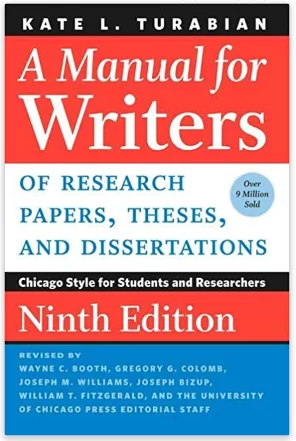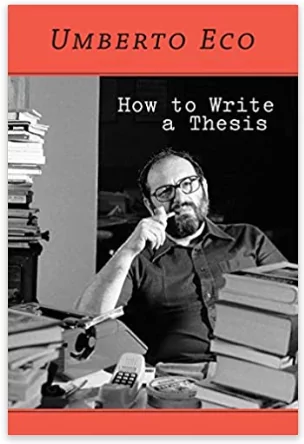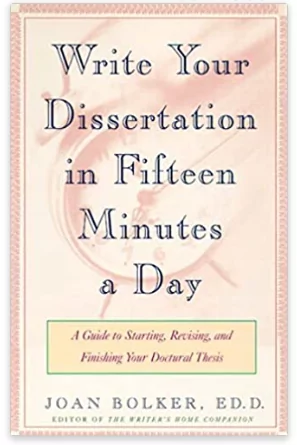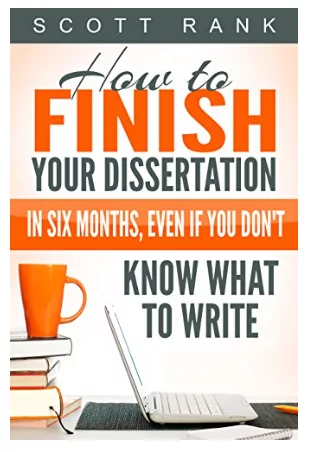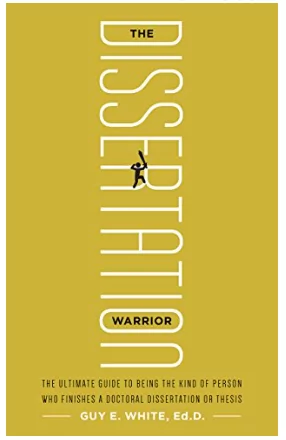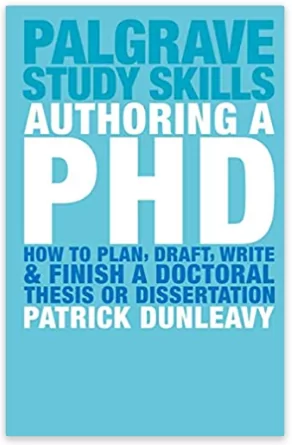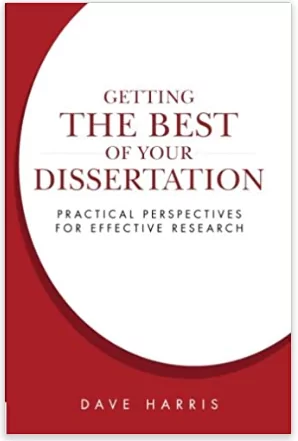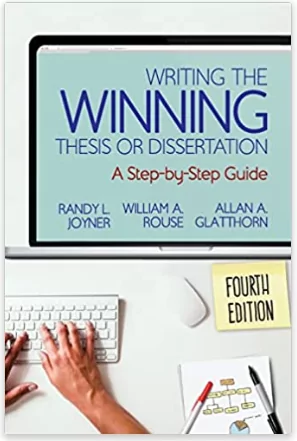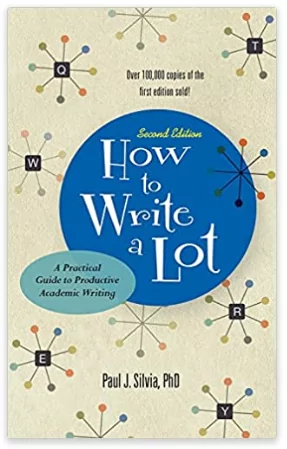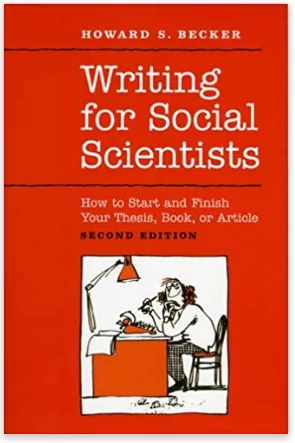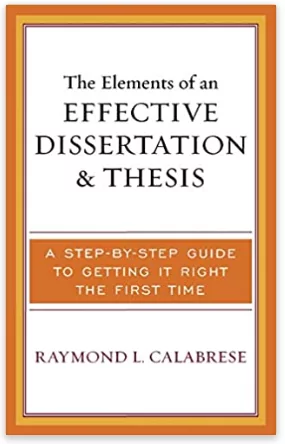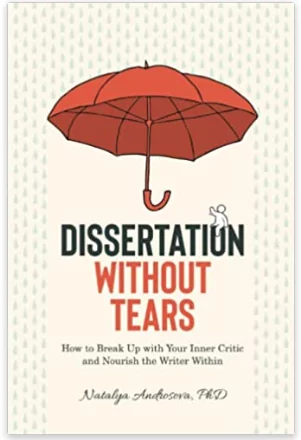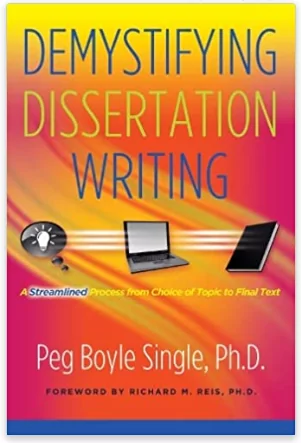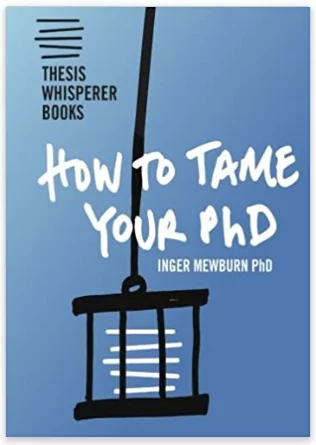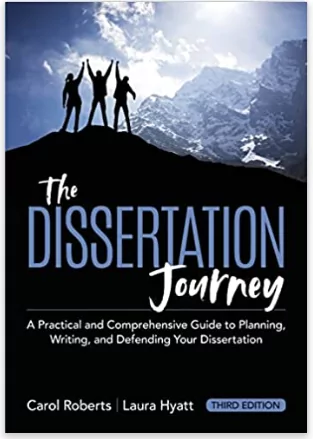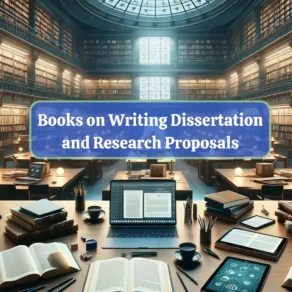Dissertation writing books are the topic of our blog post today!
Embarking on a dissertation is a pivotal moment in any scholar’s academic journey, marking the culmination of years of study and research. It’s a daunting task, often filled with challenges that test even the most diligent of students. Recognizing the complexity and significance of this endeavor, I’ve compiled a list of essential books to aid you in your dissertation journey.
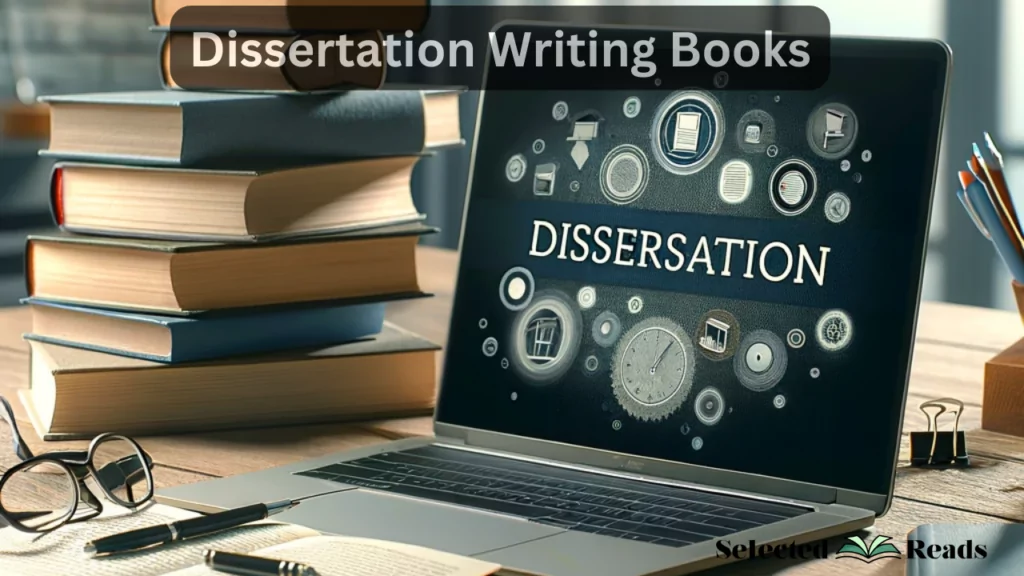
These dissertation writing books, carefully selected based on their practicality and insightful guidance, are invaluable resources for any PhD candidate. Whether you’re struggling with formulating your research question, navigating the intricacies of your methodology, or simply seeking to refine your writing skills, these books offer a wealth of knowledge and tips from seasoned academics.
In this post, we will delve into each of these books, exploring how they can ease the burden of dissertation writing and guide you towards successful completion of your academic milestone.
Related: Best Grant Writing Books
Dissertation Writing Books
Here are our top picks for dissertation writing books:
1. A Manual for Writers of Research Papers, Theses, and Dissertations, by Kate L. Turabian et al.
Turabian’s guide is a thorough exploration of the research and writing process, tackling each step with precision. The book expertly navigates Chicago’s two source citation styles and covers various facets of editorial style, including quotations and visual material.
Additionally, the manual offers practical solutions to overcoming the common fear of embarking on significant writing projects. An essential resource for anyone engaged in academic writing.
2. How to Write a Thesis, by Umberto Eco
Eco presents an invigorating approach to crafting a thesis. Divided into six integral sections, the book covers all facets of the thesis-writing process. It delves into defining and understanding the purpose of a thesis, selecting a compelling topic, conducting detailed research, crafting a work plan, the actual process of writing, and finally, refining the final draft. Eco’s lucid style and practical advice make this book a valuable guide for any student.
3. Writing Your Dissertation in Fifteen Minutes a Day, by Joan Bolker
Joan Bolker’s insightful book offers a much-needed support system for dissertation writers. A co-founder of the Harvard Writing Center, Bolker presents valuable tips and encouragement for graduate students to keep them focused and productive. She emphasizes the joy of devoting oneself to a truly engaging project and teaches strategies to overcome fear and improve writing style.
Related: Books on How to Write a Literature Review
4. How to Finish Your Dissertation in Six Months, by Scott Rank
Rank’s guide provides practical strategies to write a dissertation within a relatively short timeframe. The book shares an effective daily habit, tips on making consistent writing inevitable, managing incomplete research, leveraging advisor meetings, and seeking active help from friends. A game-changer for those struggling with time constraints in their doctoral journey.
5. The Dissertation Warrior, by Guy E. White
White’s book aims to inspire and guide doctoral students on their transformative journey. He addresses various aspects of dissertation writing and personal growth, focusing on efficient time management, aligning research and writing efforts, drafting an impactful introduction, and constructing a comprehensive literature review. A valuable guide that connects academic perseverance with personal development.
6. Authoring a PhD Thesis, by Patrick Dunleavy
Dunleavy’s comprehensive guidebook offers practical advice on formulating creative ideas, structuring them logically, drafting and revising text, and successfully completing a dissertation. It covers important aspects of the doctoral journey, such as facing examinations and getting work published. An essential resource for PhD candidates looking to effectively manage their work and intellectual challenges.
7. Getting the Best of Your Dissertation, by Dave Harris
Harris draws from multiple disciplines to provide a series of perspectives aimed at making your dissertation process more efficient and satisfying. The book delves into integrating dissertation work into your life, developing a productive writing practice, managing relationships with professors, designing research, and more. A comprehensive guide for achieving greater value from your doctoral journey.
8. Writing the Winning Thesis or Dissertation, by Randy L. Joyner, William A. Rouse, Allan A. Glatthorn
This book is a well-rounded resource for scholars seeking guidance in every phase of their research journey. The book provides insights on utilizing new technologies, effective planning, engaging writing style, defense preparation, and more. The updated fourth edition includes current case studies, which demonstrate the effectiveness of the teachings contained within.
9. How to Write a Lot: A Practical Guide to Productive Academic Writing, by Paul J. Silvia
Silvia provides strategies to dismantle common excuses and bad habits that hinder writing. His approach encompasses various academic disciplines and offers practical steps to motivate academics to be more prolific writers. The book discusses how to write, submit, and revise academic work, promoting a balanced work-life while achieving writing goals. The second edition includes an additional chapter on writing grant and fellowship proposals.
10. Writing for Social Scientists, by Howard S. Becker
Becker’s guide is a refreshing take on academic writing, emphasizing the importance of simply starting to write and then revise. It uncovers the eccentricities of academic writing, such as unnecessary wordiness and the passive voice, and provides practical solutions to overcome them. This is a must-read for writers aiming to improve their style and efficiency in academic writing.
11. The Elements of an Effective Dissertation and Thesis, by Raymond L. Calabrese
Calabrese offers a systematic guide to writing an impressive doctoral dissertation or a master’s thesis. The book breaks down the elements of the dissertation, providing detailed descriptions, definitions, and examples. The approach accommodates both quantitative and qualitative research methodologies, helping students understand what content to include and where it fits best.
12. Dissertation Without Tears, by Natalya Androsova
In this empowering guide, Androsova tackles the pressure and guilt associated with dissertation writing. The book offers tips to find joy and fulfillment in the writing process, stressing the importance of self-compassion. It debunks 58 myths about dissertation writing and replaces them with a healthy mindset that facilitates a smooth journey to the finish line.
13. Demystifying Dissertation Writing, by Peg Boyle Single
Single’s guide offers a straightforward and systematic process to dissertation writing. The book aims to enhance writing fluency and productivity, offering guidance on topic selection, planning, scheduling, and actual writing. It is especially beneficial for those who feel they aren’t receiving enough guidance and for those seeking to increase their writing productivity.
14. How to tame your PhD, by Inger Mewburn
Dr. Mewburn, founder of The Thesis Whisperer blog, shares practical strategies for efficient research and writing based on her own doctoral journey. The book consists of re-edited and expanded blog posts offering a wealth of advice on completing a PhD effectively. It is a companion guide that demystifies the PhD process and guides readers towards successful completion.
15. The Dissertation Journey, by Carol Roberts, Laura Hyatt
This guide is a comprehensive resource for developing and writing a quality dissertation. It provides updated coverage of conducting a literature review, harnessing technology for research, and using progress tracking tools. The guide is filled with sample forms, resource lists, and other user-friendly elements, making the dissertation journey smoother and more manageable.
Final thoughts
In conclusion, the PhD journey is an arduous yet transformative path that demands not only intellectual rigor but also emotional resilience. The experience, as I have personally navigated through its trials, offers profound personal growth and a deeper understanding of one’s field of study.
Facing the adversity of my mother’s illness amidst my PhD was a defining challenge, but it underscored the importance of a strong support system and the resilience needed to persevere. The selection of books I have shared in this post, each offering unique insights and practical advice on dissertation writing, represents a valuable resource for anyone embarking on or currently navigating this demanding academic endeavor.
These dissertation writing books, covering a wide range of topics from research methodology to time management and writing skills, can serve as essential tools to guide, inspire, and support PhD candidates through their journey, making the daunting task of dissertation writing more manageable and ultimately leading to successful completion and personal fulfillment.



